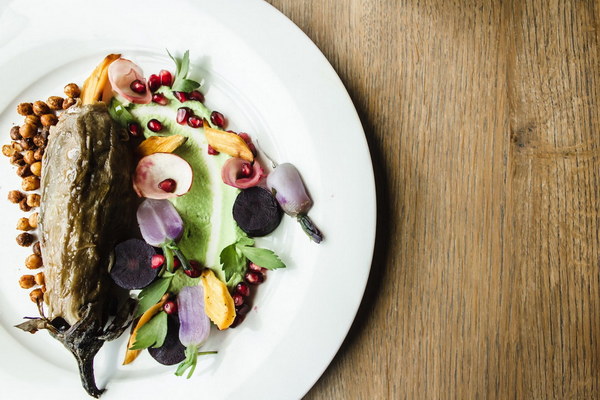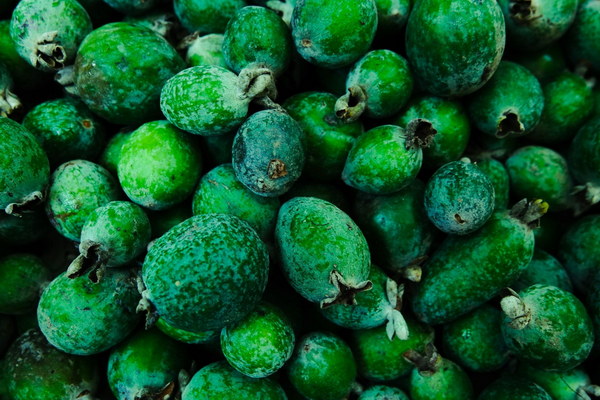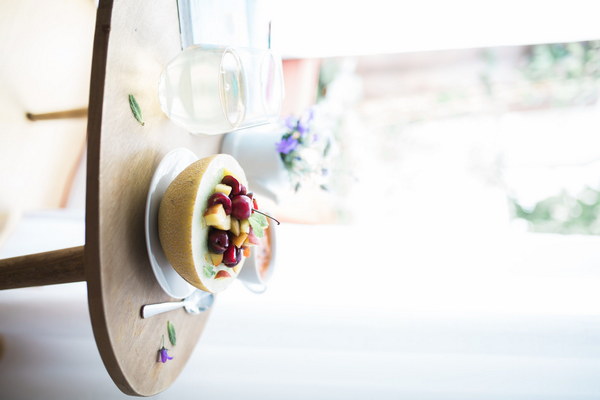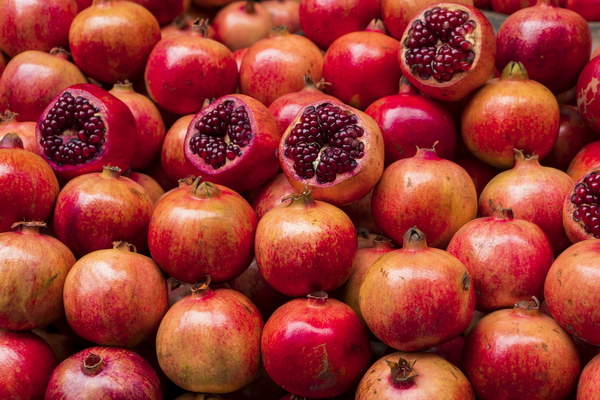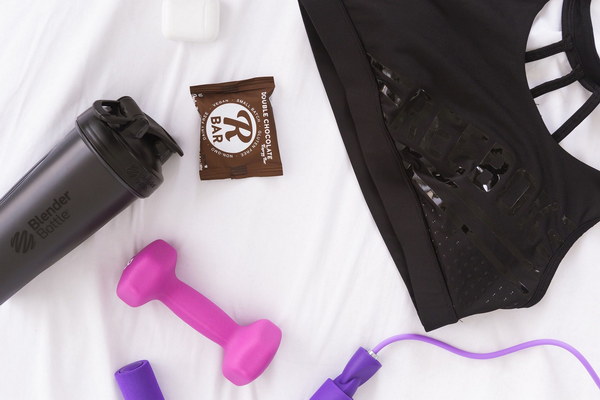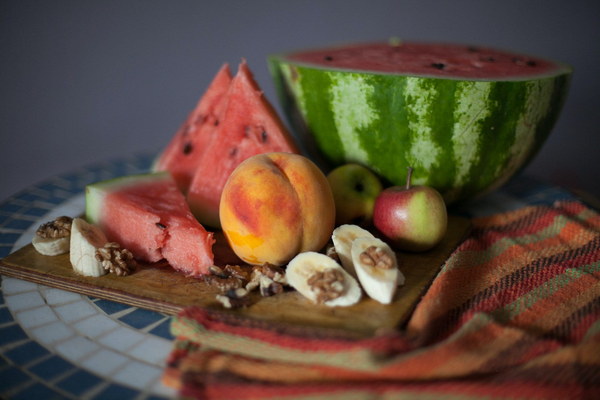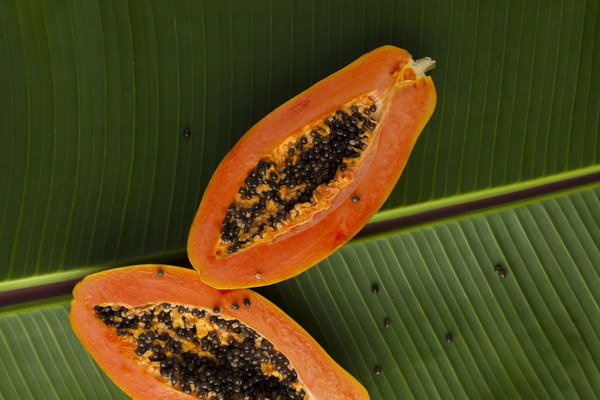Combining Lingzhi with the Right Herbs A Guide to Effective Moisture-Wicking Remedies
Lingzhi, or Reishi mushroom, has long been revered in traditional Chinese medicine for its numerous health benefits. Known for its potent immune-boosting properties and ability to improve overall well-being, lingzhi is often used to treat a variety of ailments, including fatigue, anxiety, and insomnia. However, one of its lesser-known benefits is its moisture-wicking properties, which make it a great addition to remedies aimed at reducing dampness in the body.
Dampness, also known as damp-heat in Chinese medicine, is a condition characterized by an accumulation of dampness in the body that can lead to various health issues, such as joint pain, digestive problems, and weight gain. To effectively combat dampness, it is essential to combine lingzhi with other herbs that have similar properties and can help to expel dampness from the body.
Here is a guide to some of the best herbs to pair with lingzhi for effective moisture-wicking remedies:
1. Astragalus (Huang Qi)
Astragalus is a well-known herb in Chinese medicine that is used to boost the immune system and improve overall vitality. It is also excellent for removing dampness from the body. When combined with lingzhi, astragalus can help to enhance the mushroom's moisture-wicking properties and improve its effectiveness in treating damp-related conditions.
2. Poria (Fu Ling)
Poria is a popular herb in Chinese medicine that is commonly used to treat dampness and edema. This herb has a sweet and neutral taste, making it an ideal partner for lingzhi, which has a slightly bitter taste. Together, they can help to expel dampness from the body and improve the overall balance of moisture levels.
3. Cinnamon (Rou Gui)
Cinnamon is a warming herb that is often used to treat cold and dampness in the body. When combined with lingzhi, cinnamon can help to warm the body, improve blood circulation, and expel dampness. This combination is particularly beneficial for those who suffer from cold hands and feet or have a tendency to feel cold and damp throughout the year.
4. Codonopsis (Dang Shen)
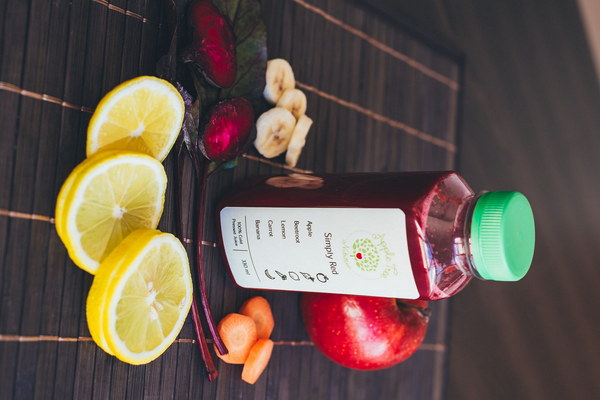
Codonopsis is a versatile herb that is used to strengthen the immune system, improve energy levels, and expel dampness. It is a great addition to lingzhi-based remedies as it can help to enhance the mushroom's moisture-wicking properties and provide additional support for overall health.
5. Green Tea (Lu Yu)
Green tea is not only a delicious beverage but also a powerful herb with numerous health benefits. It is known for its diuretic properties, which can help to eliminate excess moisture from the body. When combined with lingzhi, green tea can help to boost the mushroom's effectiveness in reducing dampness and improving overall health.
To create a moisture-wicking remedy using lingzhi and these herbs, follow these steps:
1. Gather the necessary ingredients: Lingzhi, astragalus, poria, cinnamon, codonopsis, and green tea leaves.
2. Soak the lingzhi and astragalus in warm water for 30 minutes to soften them.
3. Combine the softened lingzhi, astragalus, poria, cinnamon, and codonopsis in a pot with 4 cups of water.
4. Bring the mixture to a boil, then reduce the heat and simmer for 30 minutes.
5. Add green tea leaves to the pot and simmer for an additional 10 minutes.
6. Strain the mixture and serve hot or cold.
By combining lingzhi with these herbs, you can create a powerful moisture-wicking remedy that can help to improve your overall health and well-being. Remember to consult with a healthcare professional before starting any new herbal remedies, especially if you have pre-existing health conditions or are taking medication.
